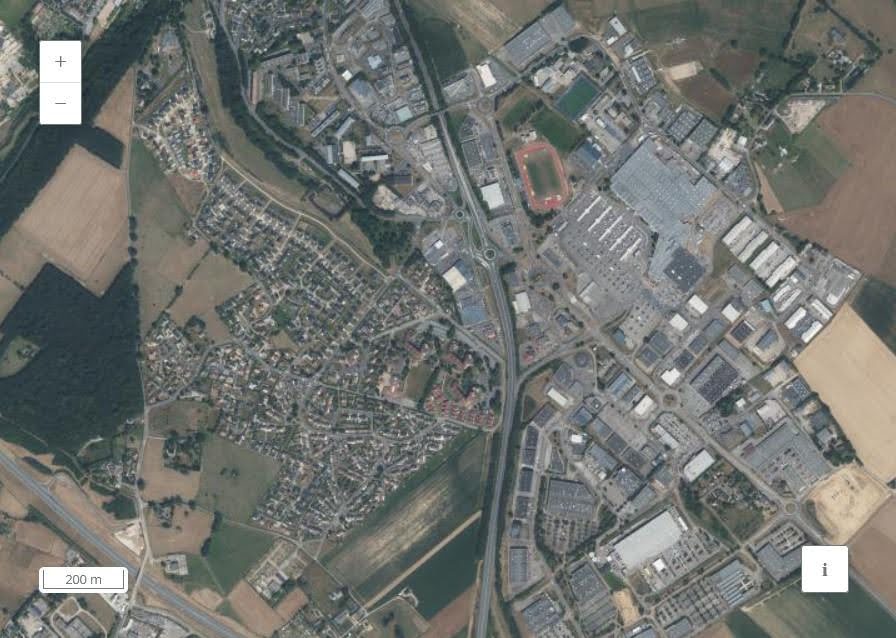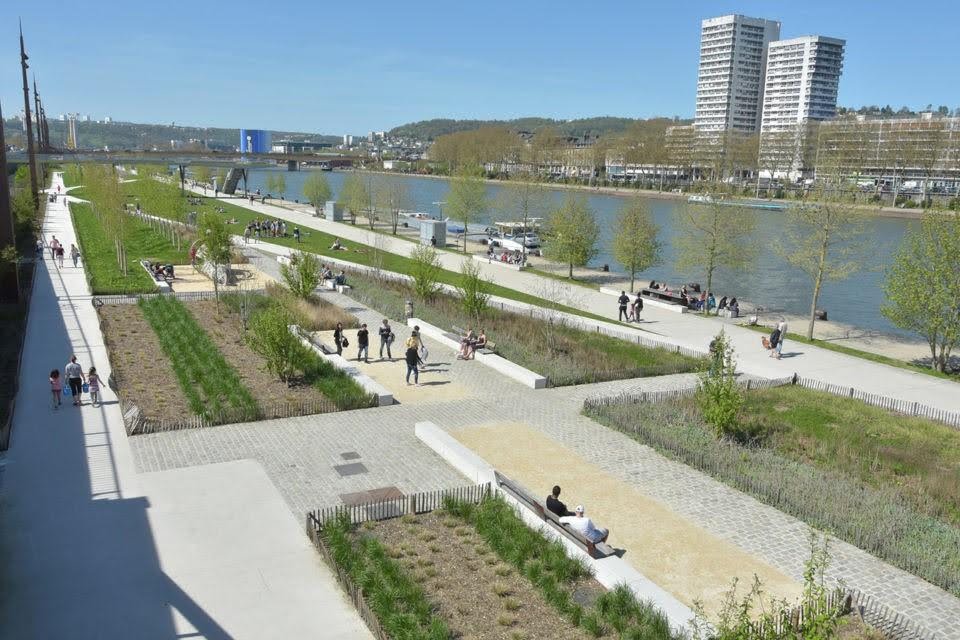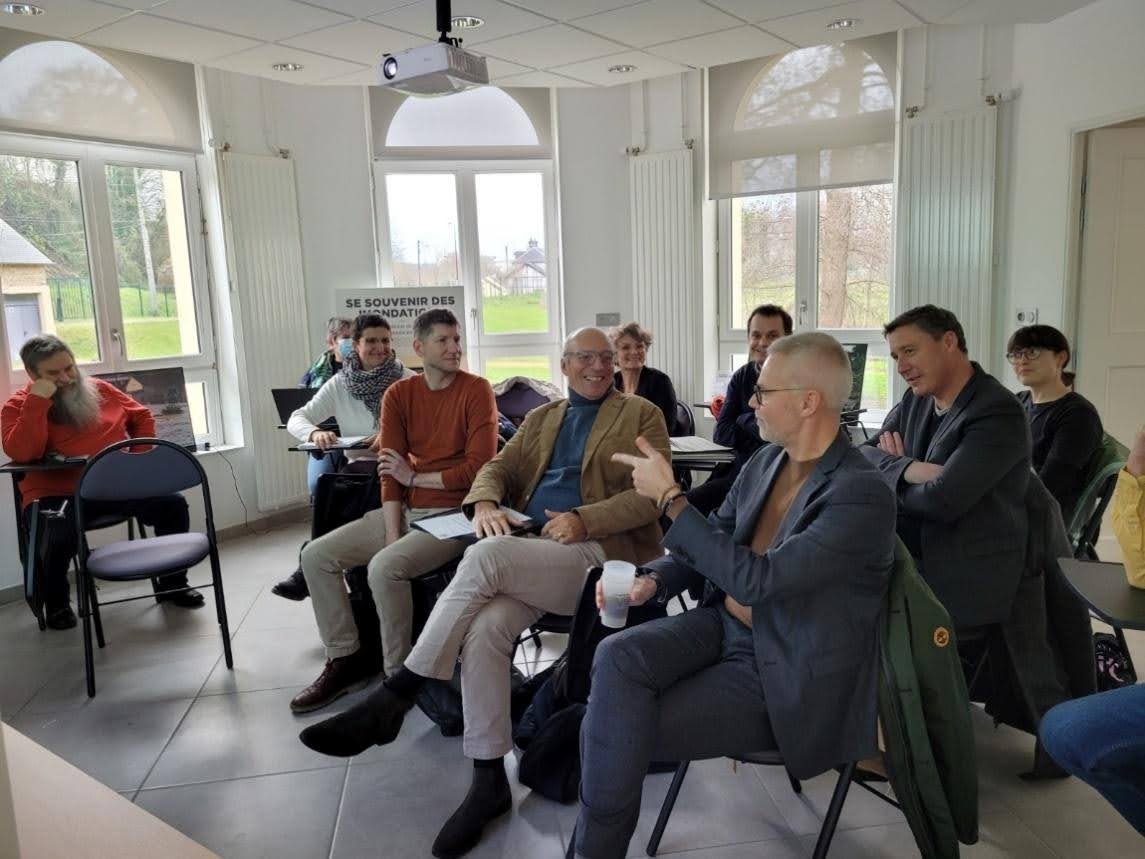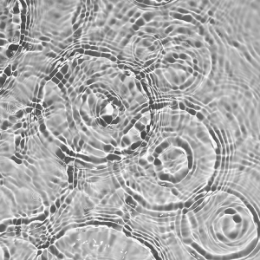To prepare for the effects of climate change, the Normandy region initiated the creation of its own intergovernmental panel on climate change, the Normand IPCC, in 2019 to synergise existing local scientific work on climate.
It predicts that Normandy, which is in northern France, will be subject to more frequent and more intense climatic hazards, which will vary according to the trajectory of carbon emissions (currently close to the RCP 8.5 scenario – a high-emissions, ‘business as usual’ scenario).
Among the main changes expected are a change in the distribution of rainfall patterns over the year, an increase in heavy rainfall (+8% annually, with an increase of around 20% in winter and a decrease of 16% in summer) and intense rainfall, and an increase in droughts and heatwave episodes. Work carried out throughout the region also shows that the impacts of climate change are and will be variable from one sector to another depending on geographical and socio-economic contexts.

ARTIFICIAL LAND & NATURE-BASED SOLUTIONS
The Normandy region has become a symbol of the land-use choices, urban planning and development practices that have been implemented since the 1950s. Land artificialisation1 is closely linked to economic development and demographic growth, which expanded rapidly after the Second World War. This phenomenon leads to soil sealing, the disappearance and fragmentation of natural habitats, and the loss of their functionality and services.

Nature Based Solutions (NBS) represent a concrete, economically viable and sustainable alternative that is often less costly in the long term than infrastructure and technological investments. Soil artificialisation and climate change are forcing us to change our planning and urban development practices, particularly in urban areas, as the consequences of climate change will be more harmful and more frequent. The Normandy region recognises the essential role of NBS in adapting the region to the impacts of climate change.
The role of water is particularly important through the demineralisation and desilting of public spaces, with the aim of creating a “sponge city.” Choosing to use NBS allows us to initiate a more respectful system of stormwater management, reducing the risk of flooding, high water or drought, while safeguarding local biodiversity.
NBS are valuable allies in the management of the water cycle. When it comes to meeting the challenges of climate change in urban settings, NBS can help support local authorities in the integration of strategies for renaturation, desilting and, more generally, in improving the living environment with a view to redefining natural and artificial spaces and their associated uses.
Furthermore, revegetation needs to be considered in relation to the green and blue fabric and natural networks already present or to be developed in urban areas. The term “renaturation” should be preferred to “revegetation,” when appropriate to preserve the idea of a holistic ecosystem (plant/soil/associated species relationships).

The co-benefits of integrating nature into the city, when thought through and adapted to the area in question, include restoring ecological continuity, providing alternative stormwater management, regulating urban heat islands and offering residents beneficial effects in terms of health and well-being.
RETHINKING URBAN PLANNING
With RESIST, the Normandy region has set itself the goal of supporting one or more of its local experimentation areas to make the city permeable and renaturalise artificial urban spaces to improve resilience in the face of the expected increase in intense rainfall.
Regional authorities, together with CEREMA and OFB (its partners in RESIST), has chosen the town of Barentin as its first pilot site. This town is subject to flooding and runoff risks, given its position in the Austreberthe and Saffimbec watersheds. Over the past 30 years (1993-2020), more than 12 natural disasters have been declared in the commune. Faced with these challenges, a Flood Risk Prevention Plan (PPRI) has been drawn up in 2022 and is being implemented.
The municipality of Barentin is also faced with the problems of ecological discontinuities, heavy urbanisation (almost 50% of its territory), a lack of nature in the city and urban heat islands. The town now wishes to mobilise an effective strategy leading to concrete, cross-functional actions for renaturation and soil sealing, while at the same time improving the quality of life for local residents.
The municipality of Barentin has benefited from the support of Cerema in defining a methodology for renaturation and desilting, and from the financial support of the Normandy region in carrying out this study.
The study will focus on the development of a tool to target the potential for desilting and renaturation in the Barentin area and will be integrated into RESIST as a possible climate change adaptation pathway.
One of the aims of this study will be to highlight certain challenges facing the region, namely:
- Restoring natural and ecological continuity on the Austreberthe (the main river below Barentin)
- Reducing runoff and soil artificialization
- Optimising stormwater management and improving the quality of the water discharged
- Enhancing urban nature and renaturation of urban spaces.
An official visit was organised on 7 December 2023 with local and regional elected representatives in partnership with CEREMA (Normandy Region-CEREMA). Here, the RESIST Project was presented, and an official agreement was reached.
The study is due to be launched on 11 April 2024, and will be completed by the end of 2025. Once the results have been published, the Normandy region, the Syndicat Mixte de Bassin Versant and the town of Barentin will discuss how to proceed. This study will be the first step towards an adapted and alternative response to the risks of intense rainfall, whose methodology the Normandy region hopes to replicate in other territories.












